Dr. Paul Holtrop reflects on his mission to equip midwives with critical newborn care skills in the heart of Cox’s Bazar.
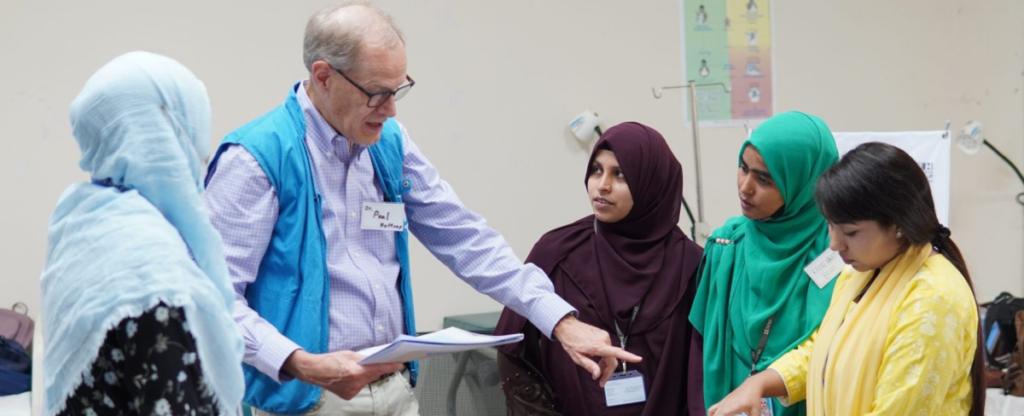
First published November 15, 2024 by MedGlobal
Near the crowded camps of Cox’s Bazar, Bangladesh, home to roughly a million Rohingya refugees who fled ethnic violence in Myanmar, Dr. Paul Holtrop, a retired U.S. neonatologist, recently completed a critical MedGlobal mission.
“Teaching midwives to help a baby breathe right after birth can make all the difference in those critical first moments,” Dr. Holtrop shared. “I don’t need to be dramatic and say, ‘We saved lives,’ but these midwives are now better prepared to care for the most vulnerable Rohingya babies.”
Dr. Holtrop, based in Michigan, USA, traveled thousands of miles to Cox’s Bazar, where he spent 12 days training midwives, physicians and nurses working in the refugee camps, equipping them with essential skills to save newborn lives.
The Rohingya, an ethnic minority denied citizenship in Myanmar, are safer in Bangladesh but still face restrictions on rights and services, relying largely on organizations like MedGlobal for survival.
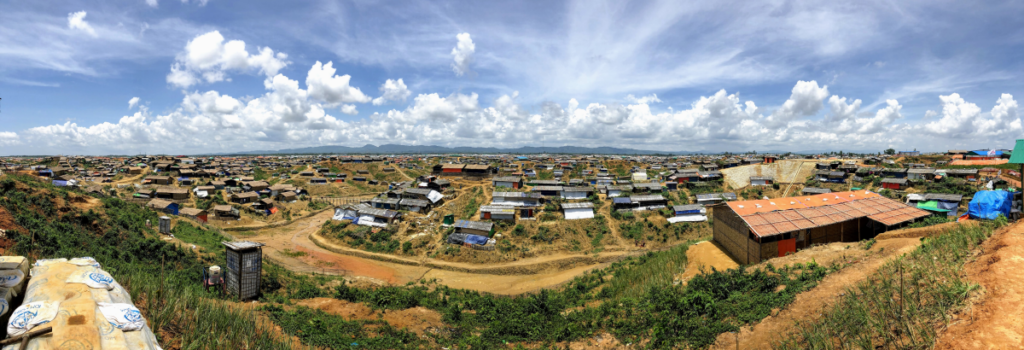
Dr. Holtrop’s training, organized by MedGlobal’s team in Bangladesh, focused on Essential Newborn Care (ENC) levels 1 & 2, covering practices like newborn resuscitation, thermal regulation, and postnatal care.
One Bangladeshi participant, Dr. Adrika Roy Soma, said the training made her “confident applying these new skills to save Rohingya mothers and newborns.” Another participant, Dr. Juhi, noted, “I’ve learned how to resuscitate a newborn who needs help breathing right after delivery. With this training, we can reduce neonatal mortality inside the camps.”
Dr. Holtrop observed that his students “were so engaged that by the end, some had already scheduled their own Essential Newborn Care courses in the camps to ensure this knowledge continues to benefit more babies.”
For Dr. Holtrop, that’s the essence of the “train-the-trainer” approach. “The goal is for these skills to spread throughout the camps, so they no longer need people like me on the ground every day.”
This mission underscores MedGlobal’s commitment to sustainable healthcare and local capacity-building. Since October 2017, MedGlobal has been operating in Bangladesh, providing critical healthcare services to Rohingya refugees and offering extensive training programs for local medical professionals. MedGlobal also responds to natural disasters in Cox’s Bazar with emergency relief and mobile medical teams.
To support more life-saving missions like this, please consider donating to MedGlobal here: https://medglobal.org/donate/
Related Articles
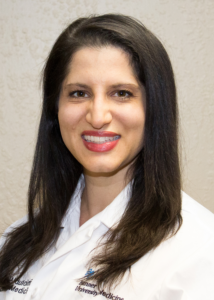
Providing Life-Saving Care: Doctor Honored for Global Health Work
Dr. Sommer Aldulaimi, an associate professor at the University of Arizona College of Medicine, received the MedGlobal Humanitarian Award for establishing an obstetrics training program in the Rohingya refugee camps in Bangladesh.
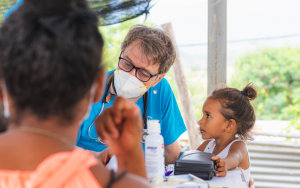
MedGlobal Improves Access to Healthcare to Migrants in Colombia and Ecuador
“The migrant crisis is a reality not only in the US but also in many central and Latin American countries with much fewer resources. We are doing our part by improving access to dignified health and reducing the burden on the overwhelmed healthcare systems in Ecuador and Colombia.”
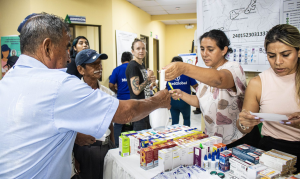
Updates from MedGlobal’s Work in Latin America
The 2013 collapse of the Venezuelan economy and its political institutions has produced a crisis affecting all of Latin America, growing into the largest migration crisis in the Western Hemisphere. In response to the crisis, MedGlobal has established a number of programs in both Colombia and Ecuador.
